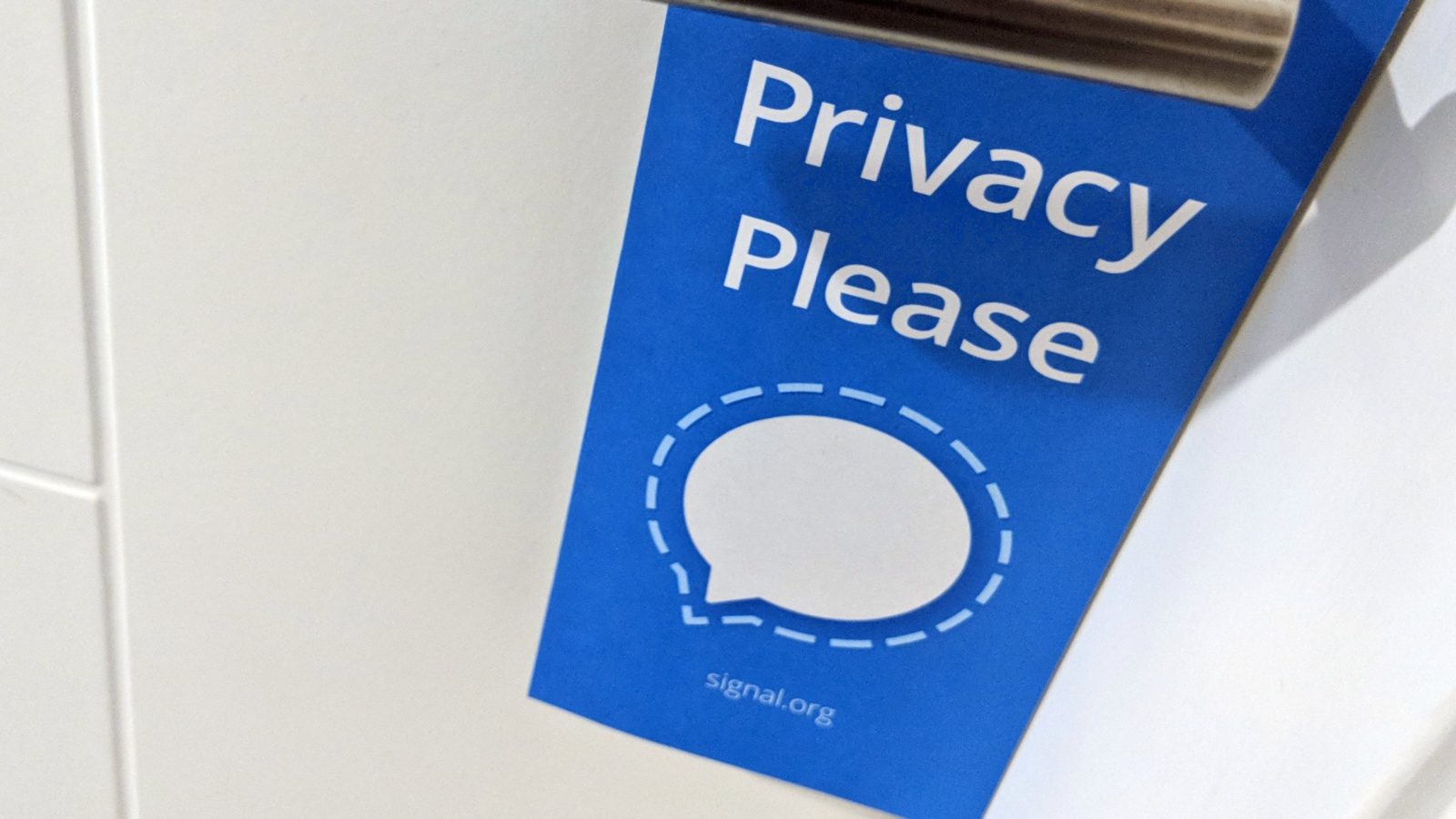Loading...

As privacy and security become front of mind, messaging apps like WhatsApp are going under the microscope. Even though many of us communicate thoughtfully with our friends and family, our information is important data. Imagine advertising and other targeted messaging so precise that it predicts what your needs are. It’s a creepy invasion of our privacy. The data could be used for those purposes.
In a more nefarious fashion, apps that lack security could make us a target for spoofing. Third parties misrepresenting themselves as us to members of our contact list could ruin relationships and lives. That’s why many people turned to WhatsApp, an encrypted end-to-end messaging system that Facebook purchased back in 2014 for a cool $19 Billion. It was just a matter of time till the social network made a move to monetize.
Recently, Facebook announced that it would make a change that would share your data throughout its app ecosystem. Facebook, Instagram, and WhatsApp make up that triumvirate. The backlash and confusion sent the social network backtracking on those plans. But it doesn’t mean that they won’t try to walk that back out again during less tense times. However, the damage has already been done as users mass migrated to a competitor, Signal. This exodus caused their servers to buckle due to demand.
So, what are the options for secure messaging? We go through some of the options, and pros and cons, in this video.
SMS is the most insecure messaging platform that mobile users interact with. If you are using SMS, then not only are you a potential target for spoofing, but the data can be surrendered to or stolen by third parties through your carrier. Depending on where you live in the world, that data could expire after days or never. Apple iMessage, on the other hand, goes through Apple’s servers. The service is potentially more secure, but the data is still in another third party’s hands. While the data is encrypted when messaging with other iMessage users, messages sent to other platforms are not.
WhatsApp is still an encrypted messaging app. Messages sent within the app are still end-to-end encrypted. But the trust that users had for the app has been broken due to Facebook’s move to share app data with its other apps, leading the social network to walk that back, for now. It is still a much better choice than SMS.
Clubhouse is another app that has joined the secure and private messaging app squad. The app is currently only available as an invite-only BETA for Apple iOS users. Its big differentiation from other apps is that it is an audio-based chat platform. The conversations are like a free-flowing audio conversation, almost like a podcast, where people join in on topics that interest them. You can also set up private and locked rooms. For privacy and security, audio can’t be recorded or saved. Unfortunately, due to lack of moderation, the platform can be perceived as chaotic and can potentially be a place that abuse can happen.
Clubhouse is certainly an interesting approach, but the chaotic nature of audio-based chat, as evidenced by old technology like conference calls, could make it less useful as a pure messaging platform. It really is too early to tell and it could become wildly popular like sending out 120 character messages.
Signal is where everyone flocked to after Facebook decided to share your data across its platforms. The social network changed their minds at the last minute, but only due to severe backlash. The end-to-end encrypted messaging platform shares the least amount of data, except for the important things that identify you to the users you wish to message with. The ownership and development of the platform is also a factor in why it is so popular. For starters, it doesn’t belong to one tech giant as it is an independent non-profit. It can’t be acquired, and grants and donations from its users fund it.
Two caveats remain on the platform. For starters, if you are an Android user, you can access many useful customizations, including keyboards offered by third parties. Things like Grammarly and Swiftkey are great options. When used in conjunction with these end-to-end encrypted apps, the downside is that they transmit data back to their own servers. To secure your communication, make sure you change back to the stock keyboard. The second is insecure messaging using SMS. Signal has the option to send SMS messages, but it will tell you, as part of that message, that what you send is insecure.
What are you using to message your friends and family securely? Are you using any apps for your business or work? Join the conversation in the comments.
To ‘GetConnected’ to our newsletter, fill out the details and hit the ‘SUBSCRIBE’ button. We do require you to confirm your email.